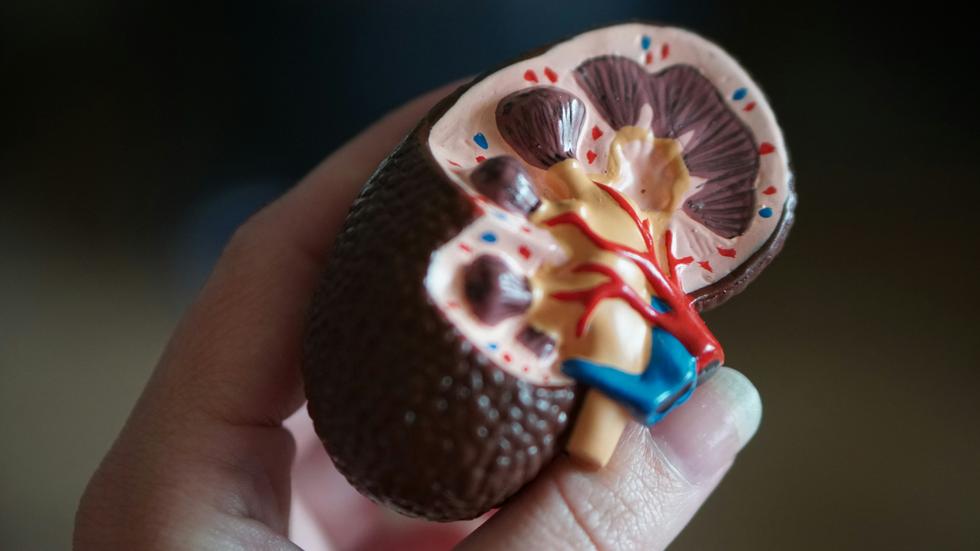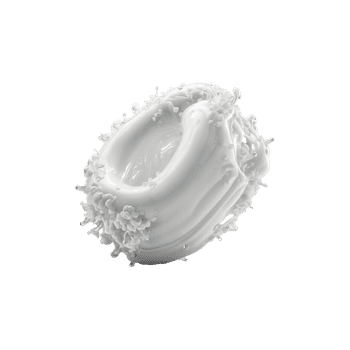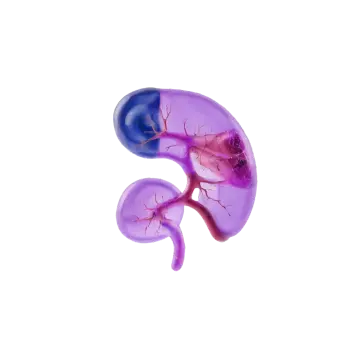Quick version
The kidneys are crucial for cleansing the blood and regulating vital body functions such as blood pressure and electrolyte balance. There are both surgical and medical kidney diseases, where the medical ones are often chronic and gradually impair kidney function. Symptoms can include fatigue, swelling, reduced urine flow, constant thirst, nausea, and high blood pressure. To prevent kidney problems, drink enough water, eat a balanced diet, monitor blood pressure and diabetes, avoid smoking and alcohol, and exercise regularly.
Common Kidney Diseases
- Chronic kidney disease is often linked to diabetes and high blood pressure.
- Acute kidney failure can be caused by infections, blockages, or toxins.
- Kidney stones are hard accumulations of minerals that can cause pain.
- Urinary tract infections that spread to the kidneys can cause permanent damage.
5 Tips – How to Prevent Kidney Problems
- Stay hydrated.
- Eat a balanced diet.
- Monitor blood pressure and diabetes.
- Avoid smoking and alcohol.
- Physical activity.
How to Detect Impaired Kidney Function
Regular health check-ups that include kidney tests are important. Test your kidney health with Kidney Check, which measures important kidney markers.
The kidneys can be affected by various diseases, divided into surgical and medical. Surgical diseases like kidney stones and kidney cancer can often be effectively treated through surgery. Medical kidney diseases, affecting both kidneys, are usually chronic and lead to gradual deterioration of kidney function. These diseases usually present few or no symptoms from the kidneys and can rarely be cured, but treatment focuses on slowing the disease progression with medication.
Primary medical kidney diseases affect only the kidneys, while secondary ones affect multiple organs. Inflammation in the kidneys and diseases in the kidney's blood vessels are common forms.
Some kidney diseases are hereditary, such as cystic kidneys and Alport syndrome, which can lead to kidney failure and other serious complications.
Common Kidney Diseases
- Chronic kidney disease: A long-term condition where kidney function gradually declines over time. Often linked to diabetes and high blood pressure.
- Acute kidney failure: A sudden interruption in the kidneys' ability to filter waste products from the blood, which can be caused by infections, obstructions, or toxins.
- Kidney stones: Hard accumulations of minerals and salts, such as calcium and phosphate, formed inside the kidneys, which can cause intense pain when passing through the urinary tract.
- Urinary tract infections spreading to the kidneys (pyelonephritis): Can cause permanent damage if not treated promptly.
Symptoms to Watch For
Symptoms of kidney problems can be subtle and develop slowly. It's important to watch out for the following signs:
- Fatigue, weakness
- Swelling in the legs, feet, or around the eyes
- Decreased urine flow or changes in the appearance of urine
- Constant thirst
- Nausea or vomiting
- High blood pressure
5 Tips - How to Prevent Kidney Problems
As with all organs in the body, it's important to take care of your kidneys; here are some tips that can help prevent future problems.
- Stay hydrated - drink enough water to help flush toxins out of the kidneys.
- Balanced diet - a diet rich in fruits, vegetables, and low in processed foods and sugar can reduce the risk of kidney disease.
- Control blood pressure and diabetes - these conditions are leading causes of kidney disease. A healthy lifestyle and regular medical check-ups can help keep them in check.
- Avoid smoking and alcohol - both can damage blood vessels and thus increase the workload on the kidneys.
- Physical activity - regular exercise helps maintain healthy blood pressure and body weight.
How to Detect Impaired Kidney Function
By regularly performing health checks that include tests of your kidney values, you can detect any problems with your kidneys early, perhaps even before you have any obvious symptoms indicating impaired kidney function.
Test your kidney health today with our health package Kidney Check that measures important kidney markers and gives you insight into your kidney function.























